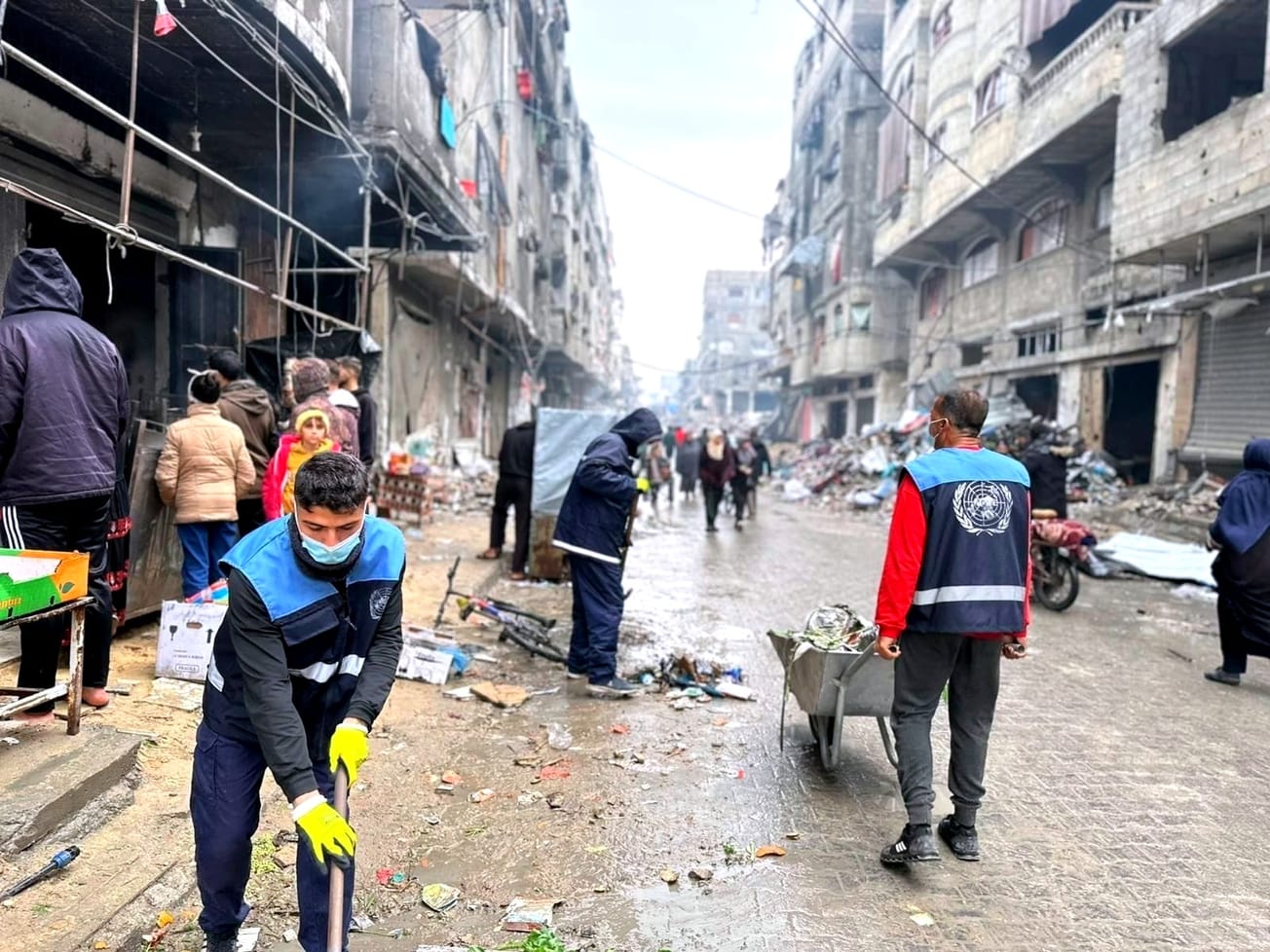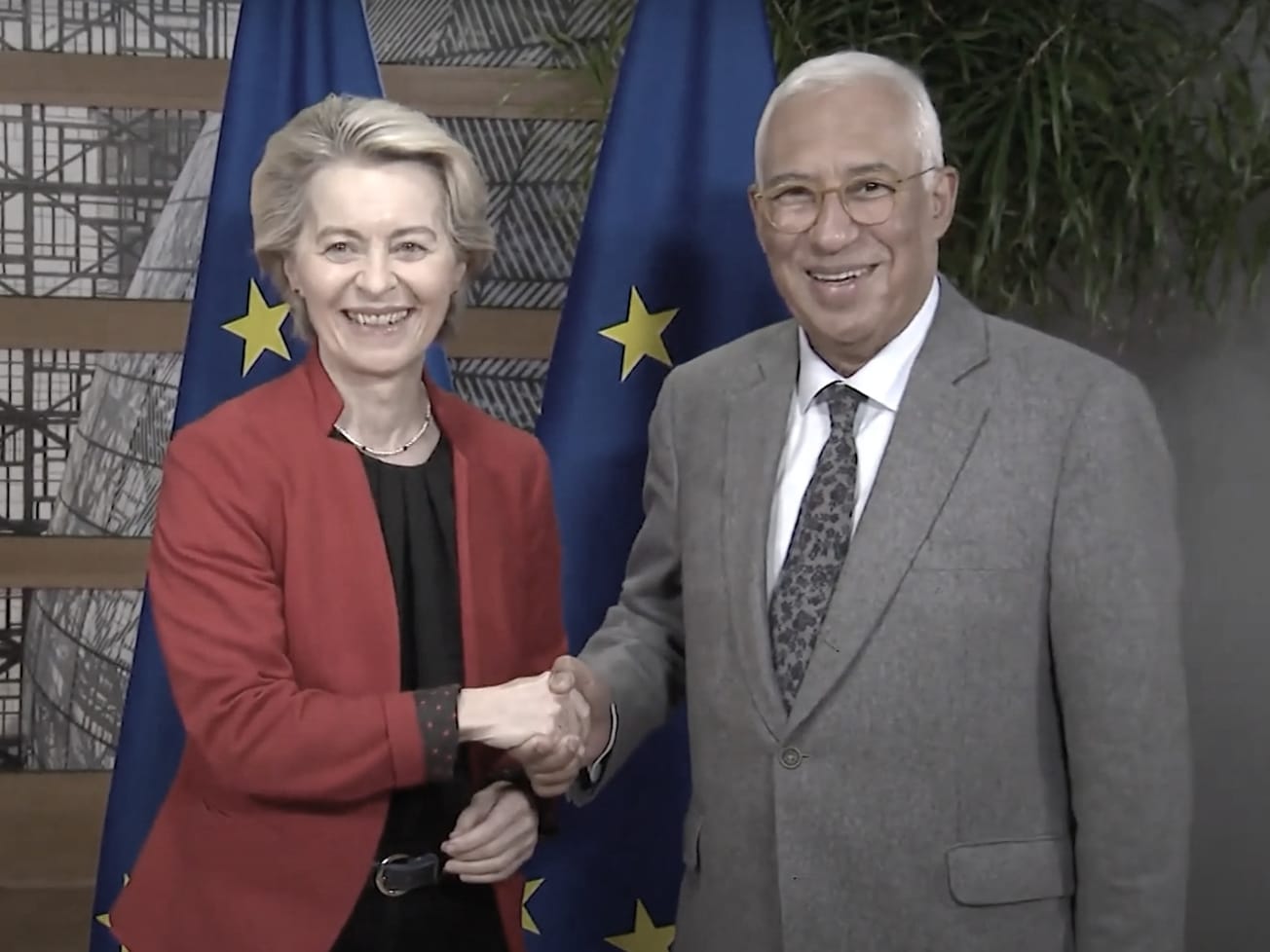GENEVA (AN) — Demands for a U.N.-led independent investigation into the murder of Saudi dissident journalist Jamal Khashoggi widened to international organizations that promote press freedom and human rights.
The organizations said Turkey should ask U.N. Secretary-General António Guterres to launch "a timely, credible and transparent" investigation into the likely extrajudicial execution of Khashoggi, who vanished after entering the Saudi consulate in Istanbul, Turkey on Oct. 2.









